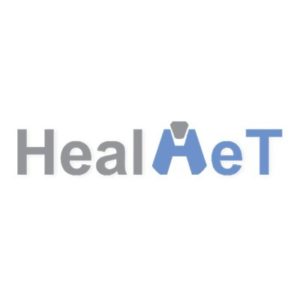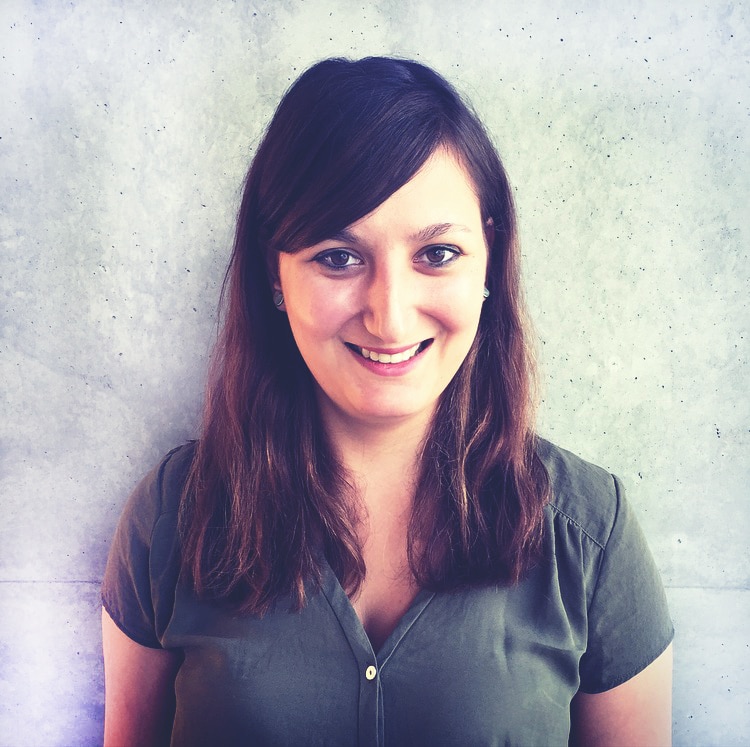Meet our CODE_n CONTEST Finalists 2016: HealMet from the United States
 Jason Drury, CEO and founder has talked to us about his startup HealMet: With their voice-controlled, home-based multi-vital parameter platform device people are enabled to take action before a disease becomes life-threatening. HealMet was picked as one of our CODE_n CONTEST Finalists in the HealthTech sector. In this interview, Jason lets us know how their solution helps to save money, improve people’s behavior, and share information. A simple touch with two hands could avoid millions of deaths, suffering, and disability.
Jason Drury, CEO and founder has talked to us about his startup HealMet: With their voice-controlled, home-based multi-vital parameter platform device people are enabled to take action before a disease becomes life-threatening. HealMet was picked as one of our CODE_n CONTEST Finalists in the HealthTech sector. In this interview, Jason lets us know how their solution helps to save money, improve people’s behavior, and share information. A simple touch with two hands could avoid millions of deaths, suffering, and disability.
What is HealMet all about? How did you come up with the idea?
Jason: Most homes and offices have no on-site health station, requiring people to travel to medical sites for even the most basic health information.
Our bodies are constantly changing with age on a daily and yearly basis, which inevitably leads to slow degeneration of health that causes primarily preventable fatal and chronic diseases.
“Digital Disruption“ – that’s the motto of this year’s CODE_n CONTEST. What makes your solution innovative, what makes it disruptive?
Jason: Can you imagine a home 20 years into our future that doesn’t have an interactive medical diagnostic station inside? HealMet’s M1 isn’t a wearable, so you don’t need one for every employee or family member, you just need one. And you get fast vitals by simply grasping it with both hands for only seconds.
You’re one of the 13 finalists in the HealthTech contest cluster. Which challenges do you think young companies have to face in this sector? How do you handle these challenges?
Jason: The biggest challenges we face are around regulations. More particularly, making large amounts of longterm vital data understandable and managable. We will handel these challenges by focuing on quality of data and user engaugment.
Needless to say, prevention is undoubtedly eligible. Yet, in a society which uses Google more frequently than seeing a doctor, we come across false alarms all the time. Do you have experiences with technical false alarms – due to unforeseen circumstances in a patient’s body? And do you work together with medical professionals to prevent them?
Jason: There is always going to be a problem with false alarms, but it’s about how you manage them. We have yet to be challenged by this issue, but it’s a major concern. This is all about what kinds of alarms are being implemented, and for us, alarms should be meant to educate society, rather than create fear. In time, HealMet will be more focused towards early detection once we build a deep enough understanding of long term and continuous engagement. And yes, we most definetely work toegether with medical professionals – we also want to keep an open perspective.
Thank you very much for telling us more about HealMet, Jason!






Write a comment